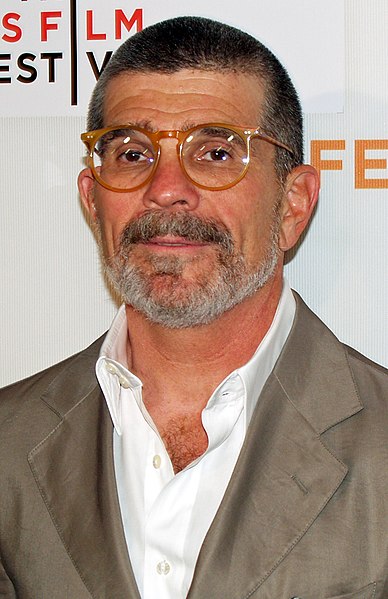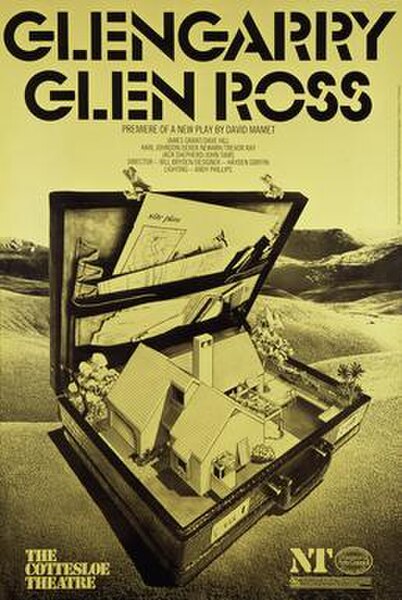Infinite photos and videos for every Wiki article ·
Find something interesting to watch in seconds
Sports
Orders and Medals
Celebrities
Supercars
Famous Castles
History by Country
Great Museums
Largest Palaces
British Monarchs
Richest US Counties
Great Artists
World Banknotes
Wonders of Nature
Best Campuses
Crown Jewels
Great Cities
Largest Empires
Kings of France
Tallest Buildings
Wars and Battles
Ancient Marvels
Animals
Recovered Treasures
Rare Coins
Countries of the World
Presidents
more top lists


